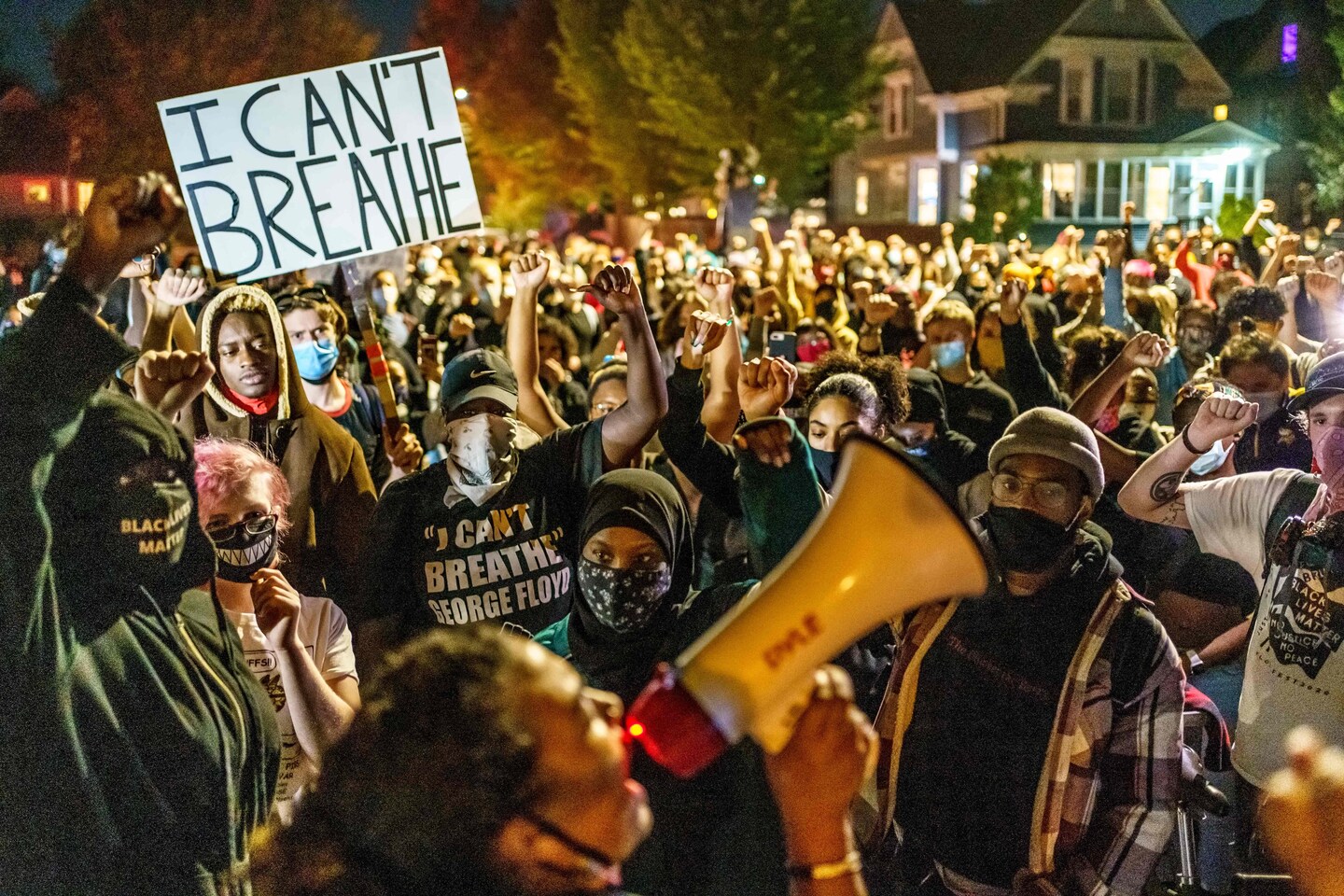Yelp’s move to flag restaurants accused of racism could be ‘a step in the right direction’ — and problematic

Now Yelp, the platform that has more than 200 million crowdsourced reviews, announced Thursday that it will start flagging businesses that have been accused of racism, a new practice that some critics say could be abused by users.
In a blog post by Noorie Malik, the vice president of user operations, Yelp announced it will affix a “Business Accused of Racist Behavior” alert on accounts only when there is “resounding evidence of egregious, racist actions from a business owner or employee, such as using overtly racist slurs or symbols.” The alert will always be accompanied by a link to a news story from a credible media outlet, Malik wrote.
“As the nation reckons with issues of systemic racism, we’ve seen in the last few months that there is a clear need to warn consumers about businesses associated with egregious, racially-charged actions to help people make more informed spending decisions,” Malik wrote in the post.
Malik was not available for an interview with The Washington Post, said a spokeswoman for Yelp.
So far, the new alert has been placed on only a couple of businesses’ accounts, out of more than 5 million active local businesses claimed on the platform, a Yelp spokeswoman said. One was the page of a New York attorney caught on video threatening to call U.S. Immigration and Customs Enforcement officers to a Manhattan restaurant because workers there were speaking Spanish. The story is more than two years old.
“It’s an effort that I view to be largely symbolic, in a way, and maybe a little bit ‘too little, too late’ and also could be deeply problematic,” said Anela Malik, the founder of Feed the Malik, a website dedicated to highlighting Black-owned restaurants and “marginalized perspectives in food.” She is not related to the Yelp vice president of the same last name.
Anela Malik posted a story on Instagram, in which she asked followers to submit opinions on the new Yelp alert.
“It runs the gamut from, ‘Oh, I could see this going badly. It could be misused.’ Some people say it’s a step in the right direction. Again, lots of concerns about abuse and then questions about, as a policy, this seems pretty legitimate but the details are fuzzy. And that’s really where, at least in my view, we’ll see whether this can be implemented in a fair way,” she said.
Yelp has pulled data that indicates users are interested in social justice and minority-owned businesses. According to Yelp, reviews mentioning Black-owned businesses have increased more than 617 percent this summer compared to the previous year. From May 26 to Sept. 30, the platform’s user-operations team placed more than 450 “consumer alerts” on business pages that were accused of, or the target of, racist behavior. Two years ago, Yelp added a feature that allows users to search whether a business is “open to all,” meaning they welcome everyone regardless of race, ethnicity, sexual orientation, gender identity, religion or disability. The share of searches that include “open to all” has increased more than five times in the United States compared to last year’s numbers.
Users will typically start flooding a Yelp page whenever a negative media report surfaces, leaving reviews that may not be based on actual experiences with the business. Between May and June alone, a Yelp spokeswoman said the platform saw a 277 percent increase in the “the placement of unusual activity alerts for media-fueled review storms.”
Once moderators spot unusual activity on a business page, they will investigate the incident, temporarily disable reviews and place an alert on the account. If the incident involves racism, Yelp will first default to a “public attention alert” to let users know someone “associated with the business was accused of, or the target of, racist behavior.” Yelp will affix the “business accused of racist behavior alert” only after resounding evidence is found.
“There’s going to be claims and cries that this isn’t fair, that it’s going to negatively harm businesses which maybe don’t deserve it. Which I think is valid if you’re operating from the assumption that Yelp, in and of itself, is fair, that a technological tool can somehow exist outside of the prejudices and biases that are at play in our broader society,” said Anela Malik, who left her job as a foreign service officer with the U.S. State Department to start Feed the Malik.
“But Yelp is not free from the broader issues that play in our society,” she added.
Yelp, and other crowdsourced platforms, have become a battlefield for those on the right and left of the political spectrum. In the case of restaurants, sometimes the establishment is just a secondary or tertiary target of protesters. Such as when former Secretary of Homeland Security Kirstjen Nielsen dined at MXDC Cocina Mexicana in Washington in 2018. Protesters confronted Nielsen over the administration’s policy of separating children from their parents trying to illegally cross the Mexican border. The anger spilled over onto MXDC’s Yelp page. Could the restaurant be accused of racism for allowing someone such as Nielsen to dine there, even though political affiliation is a protected class in D.C.?
A spokeswoman for Yelp did not respond to a question of how the company would investigate complaints or how a business could clear its name.
“I’m happy they’re trying to do something around issues of racism, particularly in business,” said Anela Malik. “But I couldn’t even imagine how I could design a system that would be impartial and actually work.”






